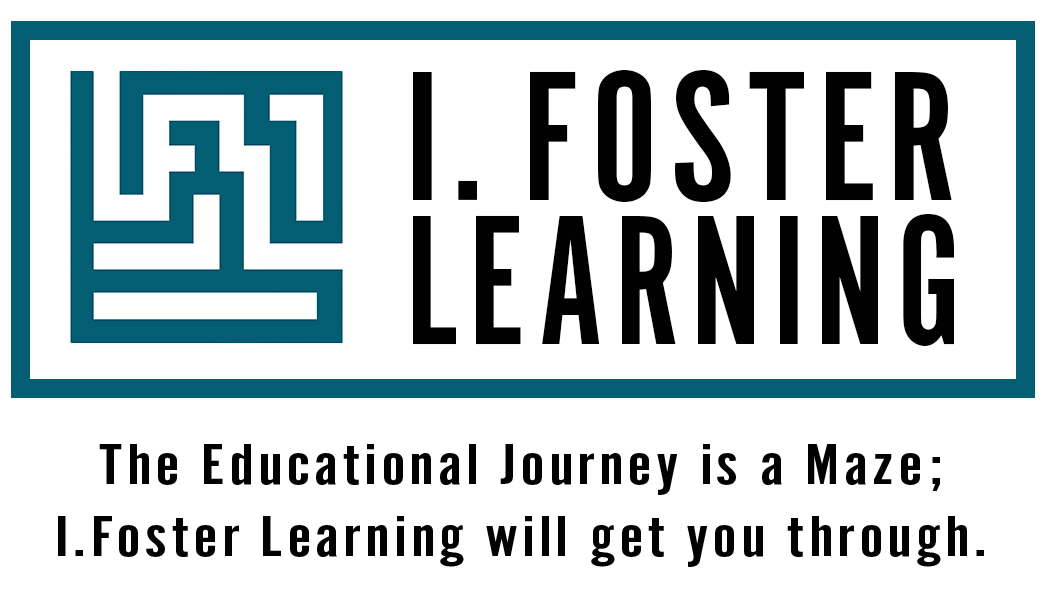Confessions of a Legacy Applicant
Last month, I wrote about how I thought it was possible but unlikely that legacy advantages would be discontinued in the wake of the Supreme Court’s decision on affirmative action. I was confident that the longstanding practice was too ingrained in the fabric of admissions (at least at highly selective colleges). There’s too much money at stake; and close to that, too much desire for continuity by an empowered population (those granting the legacy to their children). When Wesleyan announced two weeks later that it was ending legacy admissions, I thought that it would be contained to that institution; the Cardinals have always taken pride in doing things differently. But I was certainly caught by surprise when the Education Department began a civil rights inquiry into Harvard’s legacy practices.
I admit that I was taken aback by the possibility that legacy admissions could represent a Title VI violation: “No person in the United States shall, on the ground of race, color, or national origin, be excluded from participation in, be denied the benefits of, or be subjected to discrimination under any program or activity receiving Federal financial assistance.” But it didn’t take me long to realize I had been naive. This NYT article about the study by Opportunity Insights made it strikingly clear how skewed those advantages are.
I must also admit that I have a biased perspective in all of this: I am the direct beneficiary of legacy admissions. My father went to Williams; there’s no doubt in my mind that this contributed to my getting in. Did this make me question my capacity to be admitted on my own merits? Occasionally. Did it make me wonder if I had taken the spot of someone equally capable but without this connection? Never - I didn’t even know that was a question to ask. This is certainly part of the journey I have been on toward realizing who gets access to high-quality education in America, and who doesn’t (my experience teaching for two years in a high-need NYC public school immediately after college was an awakening to this reality).
So I suppose the question that I’m asking - and that many parents may be asking themselves - do I need to pass this advantage on to my own children? With all the advantages they already have; with all the choices of college and career that they’ve been granted essentially from birth - must I insist that they also get a leg up if and when they apply to Williams? I’m starting to think no.
I asked my dad the other day on the phone, “what kind of society do we want to build?” If we're being honest with ourselves about promoting equity and access, it’s only logical that we at least consider removing baked-in advantages to those who already have the most access - in education as in all things.
